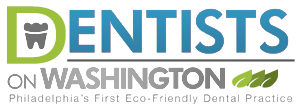
How to Choose the Right Toothpaste for Your Dental Health
When it comes to maintaining good oral hygiene, choosing the right toothpaste is crucial. Toothpaste plays a significant role in protecting your teeth, preventing dental issues, and ensuring optimal dental health. With the wide variety of toothpaste…

What Happens at Dental Checkups: A Comprehensive Guide to Maintain Your Oral Health
Regular dental checkups are vital for maintaining optimal oral health. During these routine visits, your dentist performs various procedures and assessments to ensure your teeth and gums are healthy. In this comprehensive guide, we will explore…

